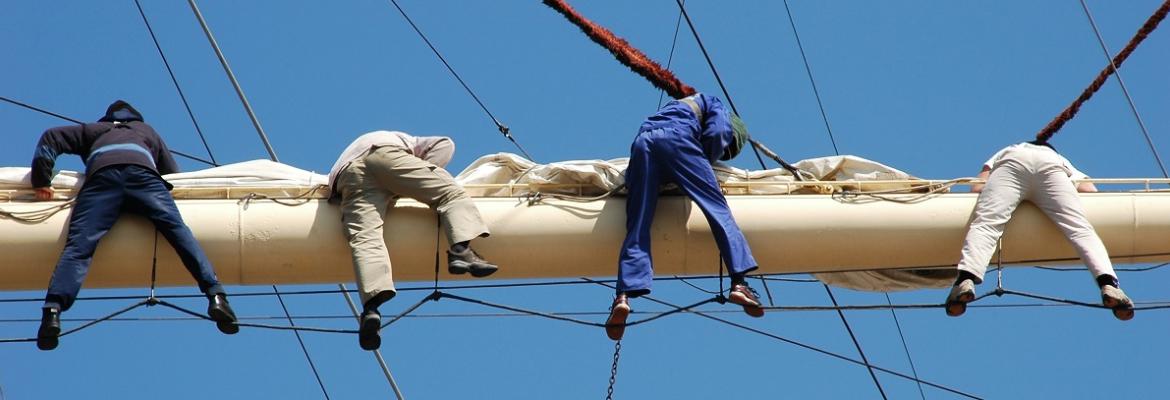
Published on Australian Maritime Safety Authority (https://www.amsa.gov.au)

Domestic commercial vessels (DCVs) are 'workplaces' under state and territory WHS laws.
DCV operators need to understand and comply with obligations under:
Note: If a DCV complies with the National Law (for example it’s in survey with AMSA), it does not mean that its operation complies with WHS laws, and vice versa.
DCV operators need to make sure they comply with all relevant laws.
WHS laws exist to keep everyone safe at work.
WHS laws apply to:
WHS laws may also apply to:
The laws impose a ‘duty’ (or legal obligation) on people in a workplace. Under WHS laws, people may be obligated to identify and remove or minimise risks, where it’s reasonable.

State and territory WHS laws impose specific requirements regarding certain hazardous work processes and areas. This includes on:
For more information on specific requirements under WHS laws contact the WHS regulator in your state or territory.
Australian Maritime Safety Authority – 1800 627 484
NT WorkSafe – 1800 019 115
SafeWork ACT – 13 22 81
SafeWork NSW – 131 050
SafeWork South Australia - 1300 365 255
WorkSafe Queensland – 1300 362 128
WorkSafe Tasmania - 1300 366 322
WorkSafe Victoria – 1800 136 089
WorkSafe WA - 1300 307 877
AMSA has an MOU with the state and territory WHS regulators.
The National Maritime WHS Regulators Forum is a collaborative platform for discussing maritime WHS issues. Its main aim is to improve safety for domestic commercial vessels.
Find out more about the forum.